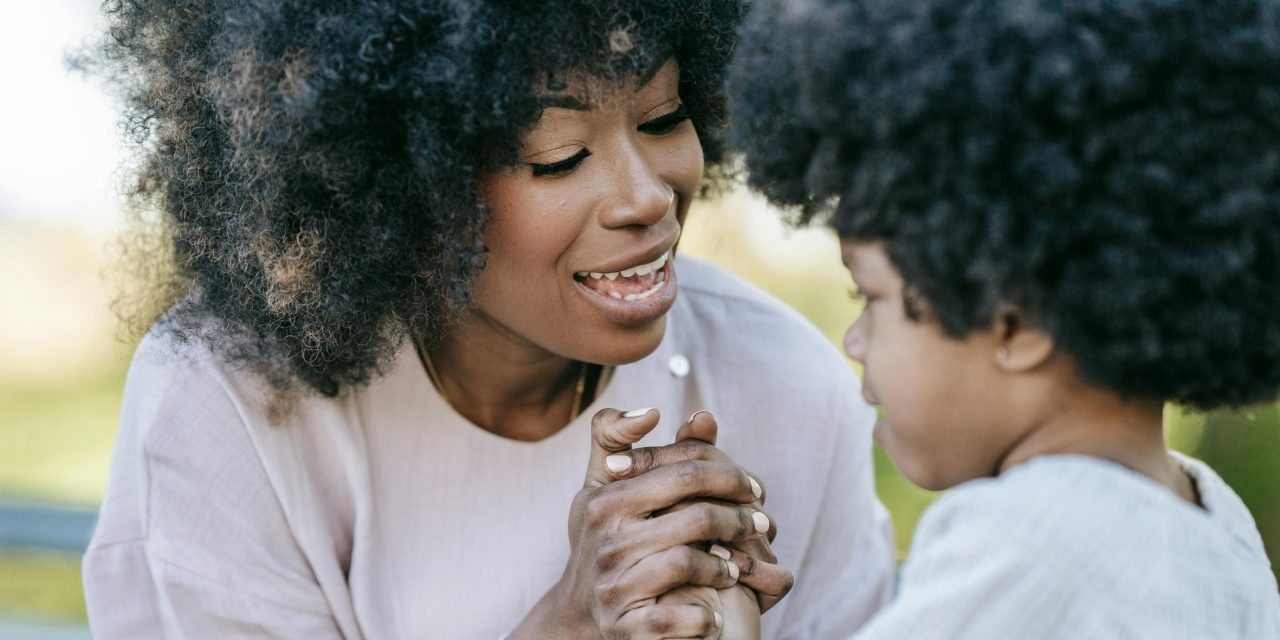In a world where everyone’s a critic (thanks, internet), teaching your kids how to empathize is like giving them a secret superpower. Empathy isn’t just about understanding someone else’s feelings—it’s about helping your kids connect with others in a meaningful way.
Think of it as a social GPS that helps them avoid awkward situations, misunderstandings, and all those moments where someone accidentally steps on someone else’s foot at a party. (No? Just me?)
So, how can you help your kids develop this powerful skill? Don’t worry, we’re not talking about hours of intense heart-to-heart lectures. Instead, we’ll dive into why empathy matters. Let’s get started—because a little empathy goes a long way, and it’s much more fun than a lecture on “how to behave.”
Why is Teaching Empathy Important for Kids?
Teaching empathy to kids is essential for shaping their emotional intelligence and nurturing compassionate hearts. Empathy helps children understand and relate to the feelings of others. In fact, it encourages kindness and compassion in their interactions.
When you focus on developing empathy at a young age, you help children recognize and validate the emotions of those around them. This builds a solid base for meaningful relationships.
By responding empathetically, kids express care and concern for others. Plus, they gain a deeper understanding of different viewpoints. This skill helps them navigate social situations with sensitivity, leading to more positive and harmonious interactions with peers and adults.
What are the Benefits of Teaching Empathy?
When you teach children empathy, the benefits are endless. Not only does it help them become kinder and more compassionate, but it also boosts their social skills and emotional growth.
Empathy gives kids the superpower to truly understand and connect with others. This creates a more inclusive and understanding world.
By including empathy-building activities and lessons in their daily routine, children can learn to acknowledge and support the emotions of others. This helps them form stronger connections and deeper relationships.
This boosts their emotional intelligence and instills a sense of responsibility for looking out for the well-being of those around them. Practicing empathy enables kids to become pros at resolving conflicts peacefully. They’re also able to see things from different perspectives and work together in social situations.
Wrap Up
Teaching your kids empathy isn’t just about raising well-behaved children—it’s about shaping thoughtful, compassionate adults. Empathy lays the foundation for strong relationships and social success. It empowers kids to understand others, navigate challenges, and approach the world with kindness.
The more they practice, the easier it will become for them to connect with the people around them. In the long run, empathy will help them become leaders, friends, and citizens who genuinely care.
Want more tips on raising emotionally intelligent kids? Visit Marvelus Kids for expert advice and stay tuned for more on this life-changing topic. Together, we’ll make empathy the new cool!








